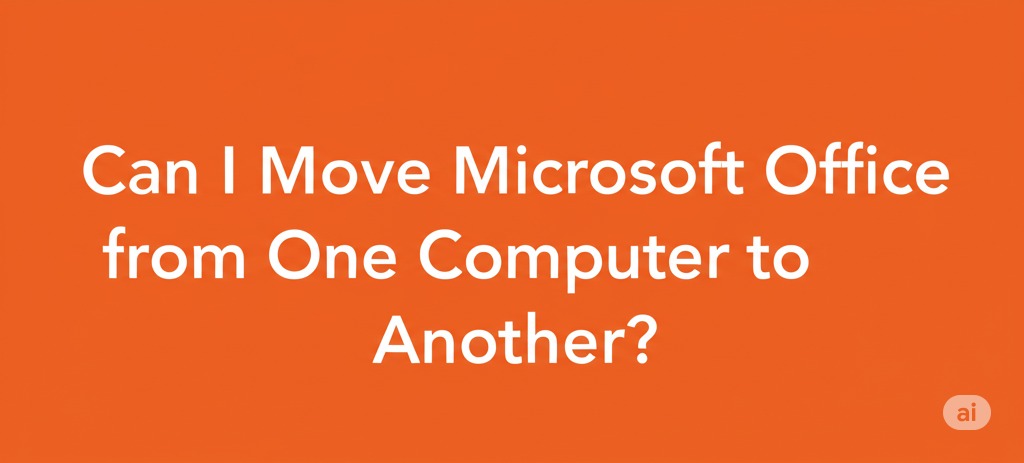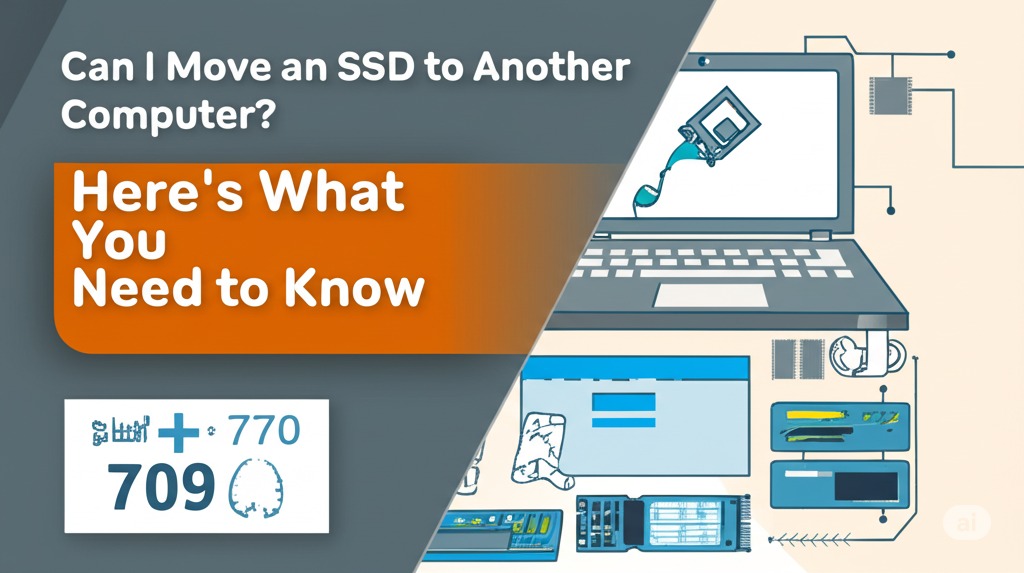Imagine living forever—not in your body, but in a machine. Your memories, your thoughts, your essence—uploaded and preserved. It sounds like science fiction, but as technology advances, the idea of transferring human consciousness to a computer is no longer purely speculative. The question is: can it really be done?
In this article, we’ll explore the scientific, philosophical, and ethical dimensions of consciousness transfer. From brain mapping to artificial intelligence, we’ll unpack what’s possible, what’s theoretical, and what remains firmly in the realm of imagination.
What Is Consciousness, Really?
Before diving into the tech, we have to understand what we mean by consciousness.
The Mystery of the Mind
Consciousness is often defined as our awareness of self and environment—the inner experience of thoughts, emotions, and perceptions. Despite centuries of study, scientists and philosophers still debate its nature:
- Is it purely biological?
- Is it the result of brain complexity?
- Or is it something more—something we can’t replicate with code?
There’s no universally accepted theory, which makes the idea of uploading it to a computer even more complex.
The Science Behind Mind Uploading
Brain Mapping and Neural Networks
To transfer consciousness, we’d first need a complete map of the human brain—every neuron, every synapse, every electrical impulse. This process is called whole brain emulation (WBE).
Key technologies being explored include:
- Brain-computer interfaces (BCIs) like Elon Musk’s Neuralink
- Advanced neuroimaging to capture detailed brain activity
- AI-based simulations of neural networks
But here’s the catch: the human brain contains around 86 billion neurons. Mapping and recreating each one with perfect accuracy is a monumental task.
Can a Digital Copy Be “You”?
Even if we successfully map the brain and simulate it on a computer, the question remains:
Is the copy really you, or just a simulation of you?
This leads us into deeper philosophical waters.
Philosophical Perspectives on Digital Consciousness
The Copy Problem
Let’s say we clone your brain into a computer. Your digital self thinks and acts like you—but you are still here. Which one is the real you?
This is known as the “copy problem” in philosophy. It challenges the idea that consciousness can be duplicated without altering identity.
Continuity of Consciousness
Some argue that for a transfer to be genuine, there must be a continuity of experience—you must feel yourself moving from your biological brain into a digital one.
But so far, no known method can do this. Current theories involve copying, not transferring.
Could Artificial Intelligence Achieve Consciousness?
Some researchers believe we don’t need to transfer human minds—we can build consciousness from scratch using advanced AI.
Artificial General Intelligence (AGI)
AGI refers to AI that can think, learn, and adapt like a human. If we reach this level, could machines develop a form of consciousness on their own?
There’s debate over whether AI can be truly conscious or if it would merely simulate human behavior without actual awareness.
Ethical and Social Implications
If we could transfer consciousness, the implications would be massive—and deeply controversial.
Potential Benefits
- Digital immortality: Preserve minds beyond physical death
- Enhanced learning: Boost cognitive abilities through AI integration
- Exploration: Send consciousness into space without physical limitations
Serious Concerns
- Loss of individuality: What happens to identity and agency?
- Privacy risks: Could minds be hacked, copied, or controlled?
- Social inequality: Will only the wealthy access such technology?
Are We Close to Transferring Consciousness?
In short: no, not yet. While research is progressing rapidly, we’re still far from being able to:
- Map a brain in full detail
- Emulate consciousness on a machine
- Prove that a digital mind is truly “alive”
Current projects like Neuralink and brain emulation experiments are pushing the boundaries, but true mind uploading remains theoretical—for now.
Final Thoughts: The Future of Human Consciousness
The idea of transferring consciousness to a computer is one of the most fascinating and controversial frontiers of science and technology. It forces us to ask deep questions about who we are, what makes us human, and whether the mind can exist without the body.
While the path forward is uncertain, one thing is clear: the line between man and machine is blurring.
What do you think? Could we one day live forever in the cloud—or are we chasing a digital ghost?

Caleb Carlson is a contributing writer at Computer Site Engineering, specializing in computer technology, software trends, and hardware innovations. His articles simplify complex tech topics, making them accessible to readers of all levels.





